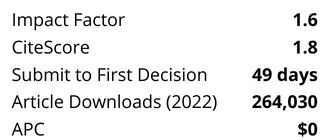Abstract
Processes for the removal of organic micro-pollutants (OMPs) from wastewater treatment plant's (WWTPs) effluents have been tested over decades, and have recently found their way into practice. Operators of WWTPs are confronted with the question of efficiency and the choice of economical process (combination). So far, a systematic approach regarding the selection of the appropriate process (combinations) is missing. There is no information available which technology is best suited for removal of OMPs and other conventional pollutants for good conditions in waterbodies. This study evaluates 52 pilot and full-scale studies regarding their removal efficiencies of various OMPs by advanced processes (adsorption and ozonation) in combination with/without filtration. The results provide a comprehensive picture of the complex state of knowledge and show that technical synergy effects enable the reduction of a wide range of OMP in combination with other conventional parameters, e.g. solids and phosphorous.




%20cropped.png?versionId=5954)